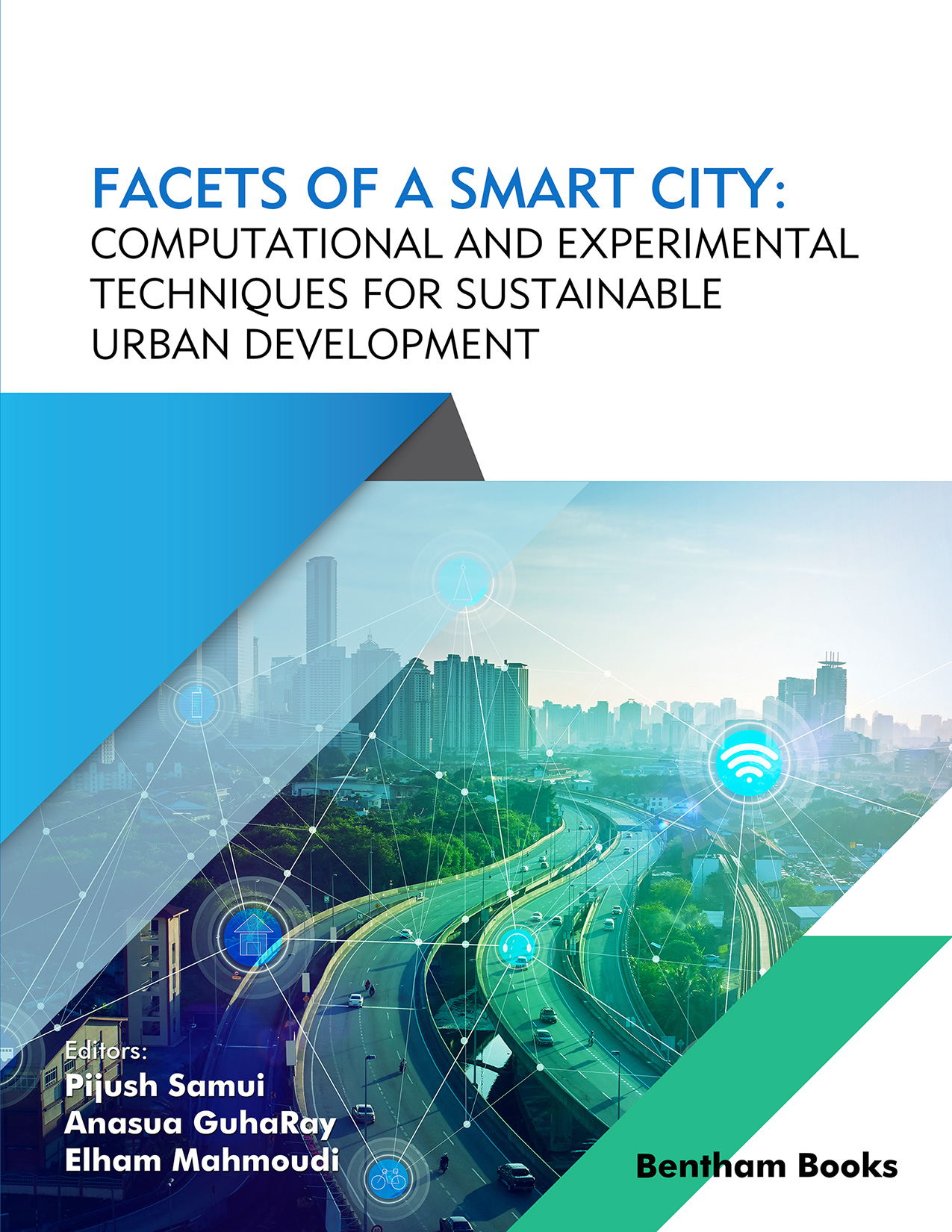Introduction
A smart city uses technology to provide services and solve problems to improve urban policy efficiency, reduce waste, improve quality of life, and maximize social inclusion. By 2050, 66% of the world’s population is expected to be urban, which is a key driver of a global trend toward the creation of smart cities. This trend creates many opportunities for urban planning committees to learn how to design, modernize, and operate smart cities intelligently and effectively.
Facets of a Smart City: Computational and Experimental Techniques for Sustainable Urban Development is a collection of topics that are relevant to the design of a smart city. This book aims to complement technical journal articles that require advanced knowledge of the subject of smart cities and applications for readers. It aims to bridge knowledge gaps in sustainable urban design by providing background information via case studies to facilitate students, recent graduates and new practitioners in urban design and planning.
Key Features:
- This book features 9 chapters that cover 6 major domains, which include (i) information modelling, (ii) internet of things, (iii) intelligent transportation systems, (iv) water supply, (v) waste management and (vi) sustainable environment
- Computational techniques are included in the book. These include artificial neural networks, stochastic models, particle swarm optimization, machine learning, and adaptive neuro-fuzzy Inference systems
- Goals of case studies presented in this book use computational techniques to offer readers examples of supervised, unsupervised and reinforcement learning strategies in the context of smart city applications
- References are provided for further reading

